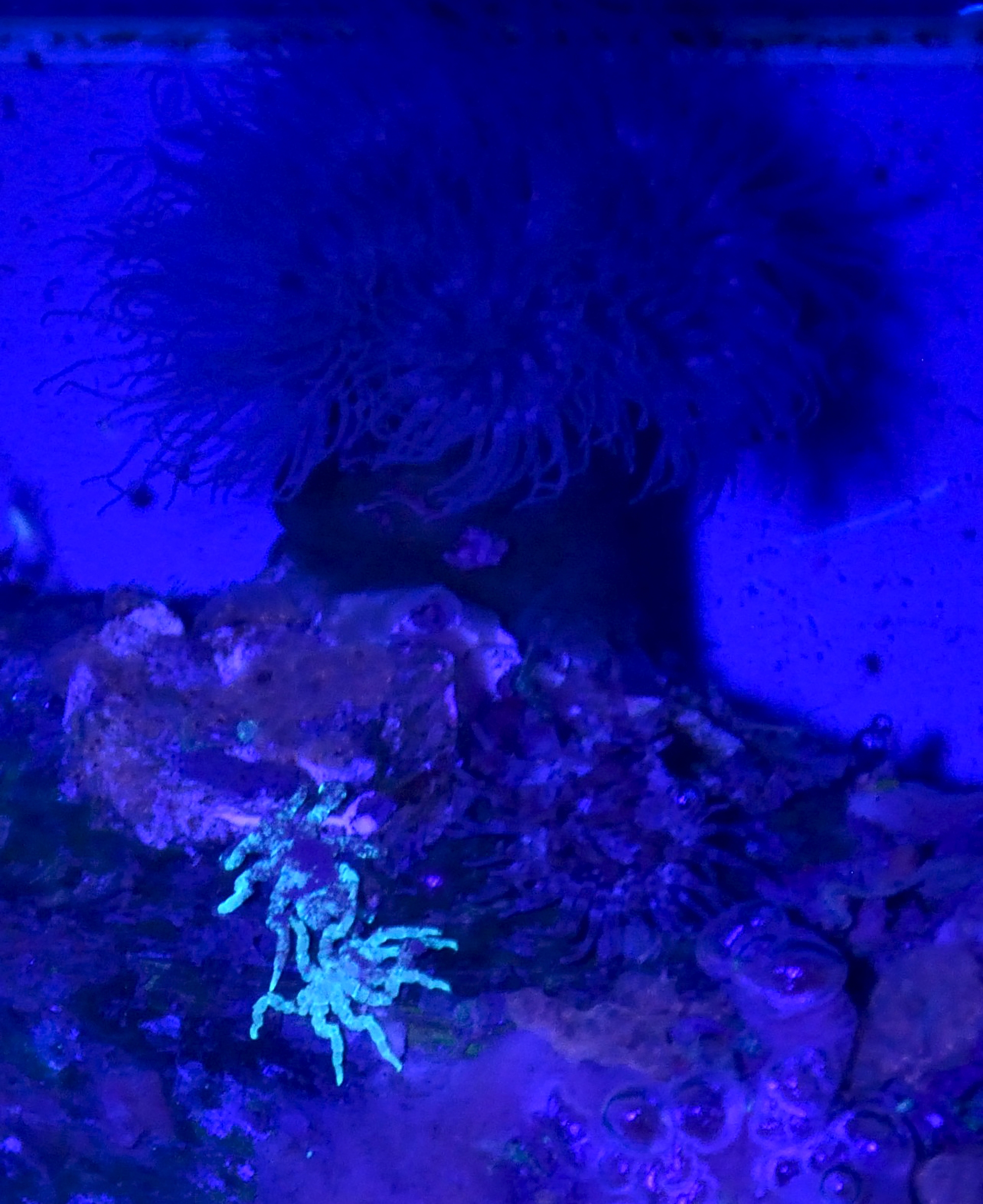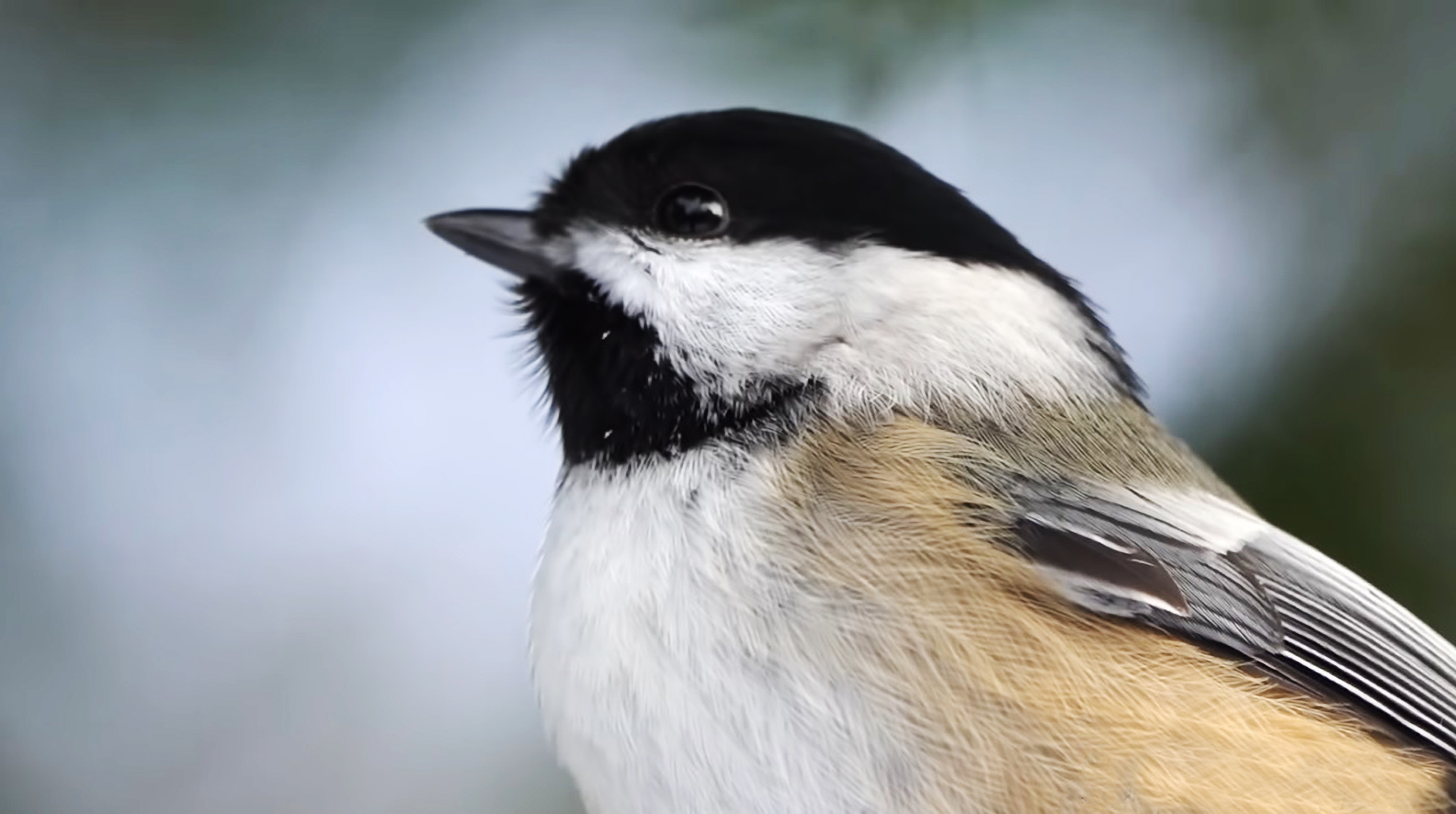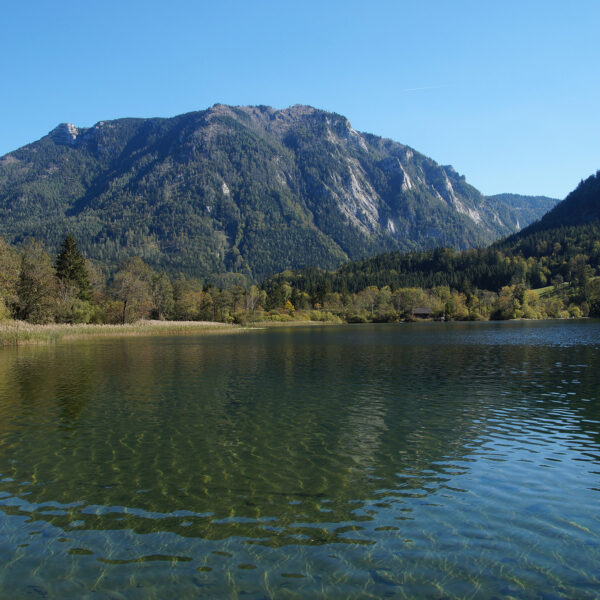Climate Heat Crisis Makes Ants More Aggressive, Says Study
Austrian boffins claimed in a recent study that ongoing climate change make ants act more aggressively.
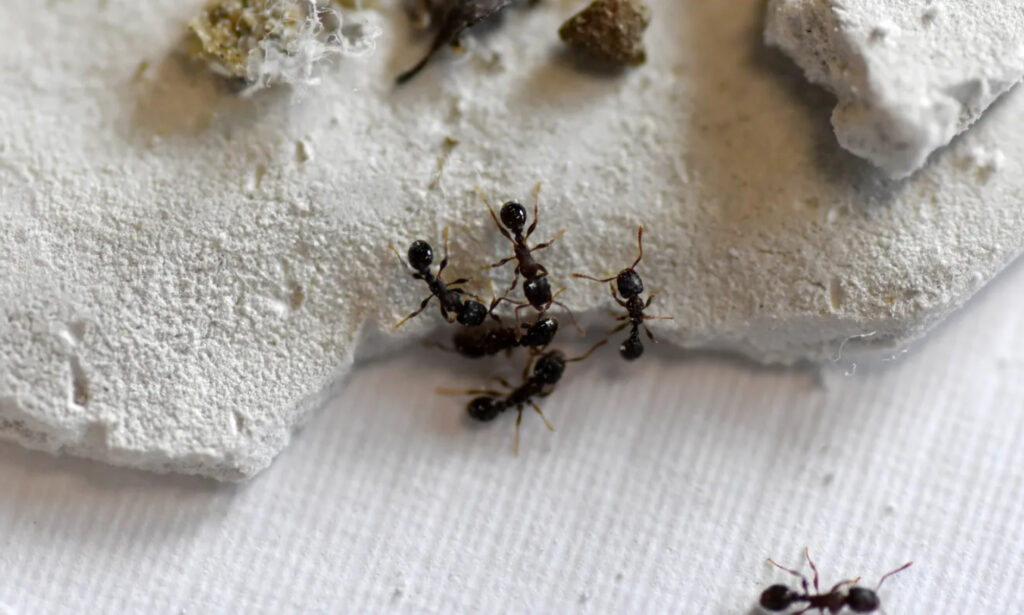
The study – published by a research team from the University of Innsbruck in Tyrol, Austria – revealed that growing temperatures and higher concentrations of nitrogen in the soil lead to greater aggressiveness among ant colonies.
For the purpose of the study, Institute of Ecology scientist Patrick Krapf and his team analysed the behaviour of alpine ants (Tetramorium alpestre) in different environments.
Krapf said in a statement obtained by Newsflash: “We examined eight Tetramorium alpestre populations at high altitudes along the Alpine region for their hostile potential.
“To do this, we had workers from different colonies within the populations of one location meet and looked at how hostile or peaceful they were with each other.”
The ant colonies were reportedly obtained at altitudes between 1,600 and 2,300 metres above sea level in four different countries, including Austria, Switzerland, France and Italy.
The team then put together two workers from different neighbouring colonies responsible for foraging, nest building and brood care and recorded their interaction on camera.
Krapf said: “This duel, recorded on video, is intended to simulate an encounter in the wild – as occurs when worker ants search for food.

“The aggressiveness of the ants from the warmer areas such as Italy and France was increased many times over compared to the cooler locations in Austria and Switzerland.
“In addition to the increased air temperature, we also observe a connection between the nitrogen content in the workers and in the soil and hostility.
“The availability of nitrogen in soils is probably also increased as a result of the ecological change caused by the climate crisis.”
Krapf explained that the increased aggressiveness among the worker ants meant a larger quantity of food for their colonies.
But even though this is considered a short-term advantage, the study leader claims it is disadvantageous in the long term.
He said: “It is normal for ants to show aggressive behaviour towards other colonies when looking for food.
“But if these fighting activities increase, it costs the workers a lot of energy and time.
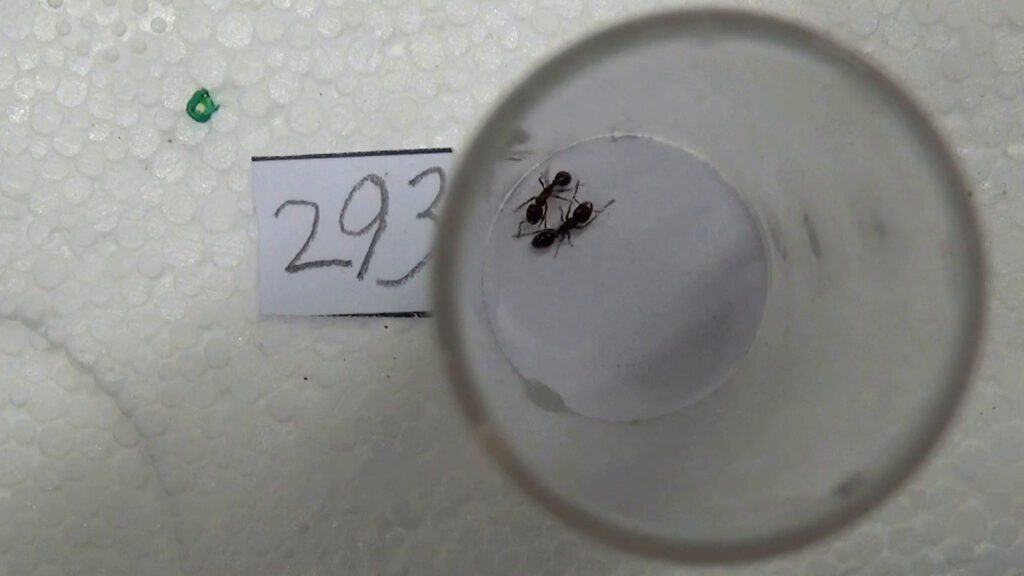
“This could have a negative impact on the development of the entire ant colony, because the number of ants would then decrease and, for example, less food would be available.
“Since ants are very important ecosystem service providers, a better understanding of the consequences of global change is of great importance.”
The study will be published in the weekly international peer-reviewed scientific journal Science of the Total Environment in February 2023.


